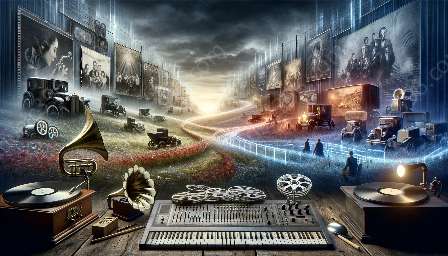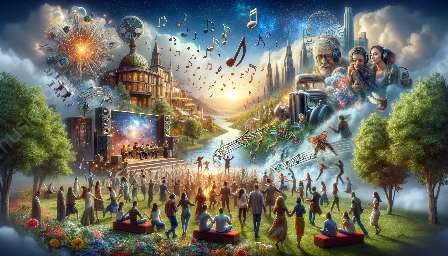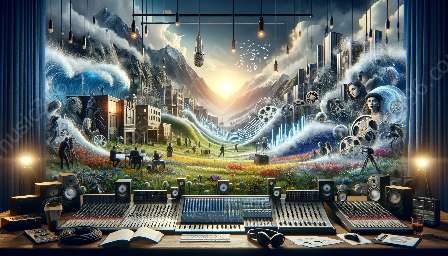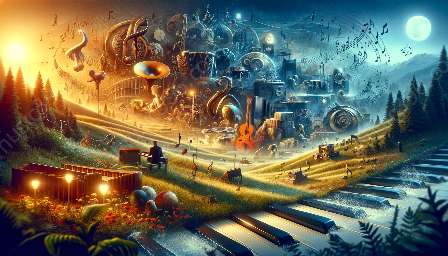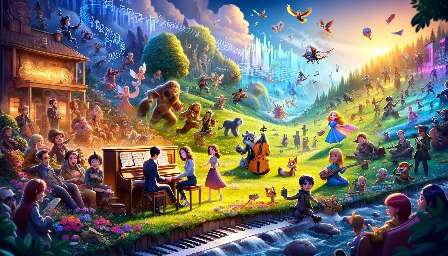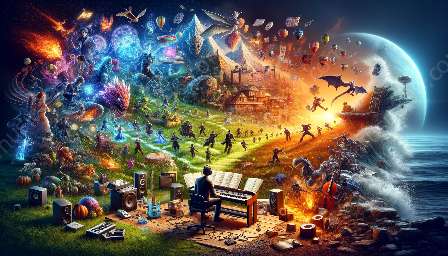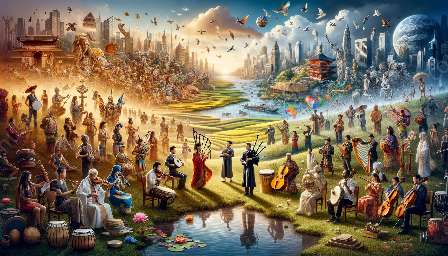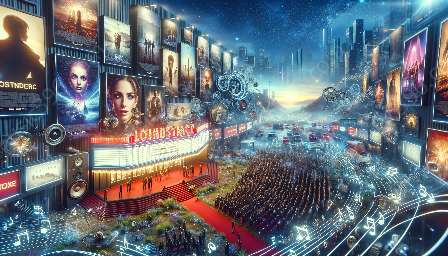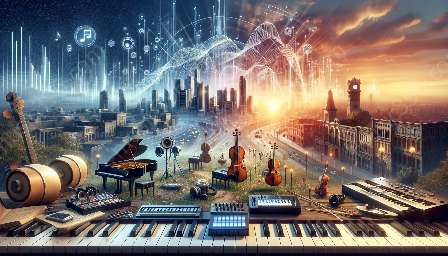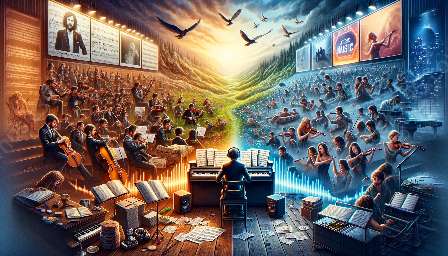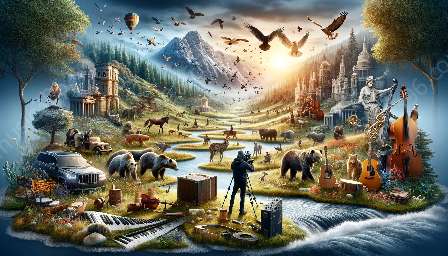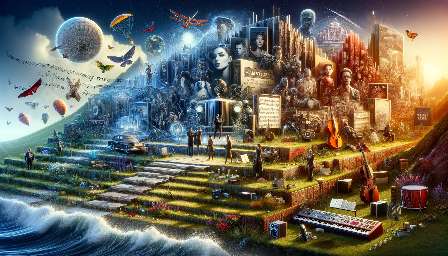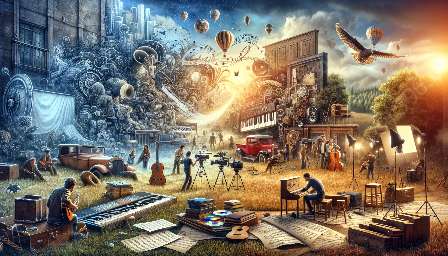Technological advancements have significantly impacted the creation and experience of soundtracks, playing a vital role in storytelling. From the evolution of music recording and production techniques to the integration of cutting-edge sound technologies in film, television, and gaming, the influence of technology on soundtracks is profound. This article aims to delve into the intersection of technological advancements and soundtracks, shedding light on the innovative ways in which technology has shaped and transformed the realm of soundtracks in storytelling.
The Role of Soundtracks in Storytelling
Soundtracks serve as a narrative tool, enhancing the emotional and dramatic impact of storytelling across various media platforms. Whether in films, video games, or television series, soundtracks play a pivotal role in conveying atmosphere, character emotions, and narrative tension. A well-crafted soundtrack can immerse audiences in the fictional world, evoke powerful emotions, and heighten the overall storytelling experience.
Evolution of Soundtracks in Media
Technological advancements have revolutionized the way soundtracks are composed, recorded, and produced across different media platforms. In the early days of cinema, live orchestras performed music scores alongside silent films, providing a live, synchronized accompaniment to visual storytelling. The advent of sound recording and playback technologies marked a turning point, allowing for the creation of pre-recorded soundtracks that could be seamlessly integrated into motion pictures.
As technology continued to advance, the integration of electronic music synthesis and digital audio workstations (DAWs) transformed the landscape of soundtrack production. Composers and sound designers gained access to a wide array of digital tools and software that enabled them to craft intricate, multi-layered soundscapes and experiment with innovative sonic textures. The rise of computer-generated imagery (CGI) in film and animation also opened up new possibilities for creating immersive soundtracks that complemented the visual spectacle of on-screen worlds.
Interactive Soundtracks in Gaming
Soundtracks in gaming have evolved alongside technological advancements, with interactive and dynamic music systems playing an integral role in shaping the player's experience. The concept of adaptive or dynamic music, where the soundtrack adjusts in response to the player's actions and the unfolding gameplay, has been made possible through advanced programming and audio middleware technologies.
Furthermore, the emergence of virtual reality (VR) and augmented reality (AR) gaming has spurred innovations in spatial audio and 3D sound technologies, enabling game developers to create more immersive and spatially realistic soundtracks that enhance the sense of presence and engagement for players.
The Impact of Technological Tools
Advancements in audio recording, mixing, and mastering technologies have empowered sound engineers and music producers to achieve pristine sound quality and sonic precision. From the introduction of surround sound formats to the adoption of object-based audio and ambisonic recording techniques, technological tools have expanded the creative possibilities for designing impactful soundtracks that captivate audiences and heighten storytelling immersion.
Emerging Trends in Soundtrack Distribution
With the proliferation of streaming platforms and digital distribution channels, the landscape of soundtrack consumption and delivery has undergone a paradigm shift. Listeners now have instant access to vast libraries of soundtracks, enabling them to discover and engage with a diverse range of musical compositions across genres and multimedia contexts.
This accessibility has not only broadened the audience reach for soundtracks but also created new opportunities for independent composers and musicians to showcase their work and connect with global audiences on a digital scale.
Future Frontiers of Soundtracks
Looking ahead, the convergence of technology and soundtracks is poised to continue shaping the future of storytelling and immersive entertainment experiences. As virtual reality, augmented reality, and mixed reality technologies advance, the potential for interactive, spatially adaptive soundtracks to redefine narrative engagement and audiovisual storytelling is on the horizon.
Moreover, advancements in artificial intelligence and machine learning may open doors to AI-generated soundtracks that dynamically respond to user interactions and adapt to narrative cues, offering personalized and customizable listening experiences.
Conclusion
In conclusion, technological advancements have indelibly influenced the evolution of soundtracks and their pivotal role in storytelling. From the early days of synchronized sound to the current era of interactive and adaptive audio experiences, technology has redefined the creation, distribution, and consumption of soundtracks across multimedia platforms. As the boundless frontier of technological innovation continues to unfold, the future holds promise for even more dynamic and captivating soundtracks that will enrich and elevate the storytelling journey for audiences worldwide.


